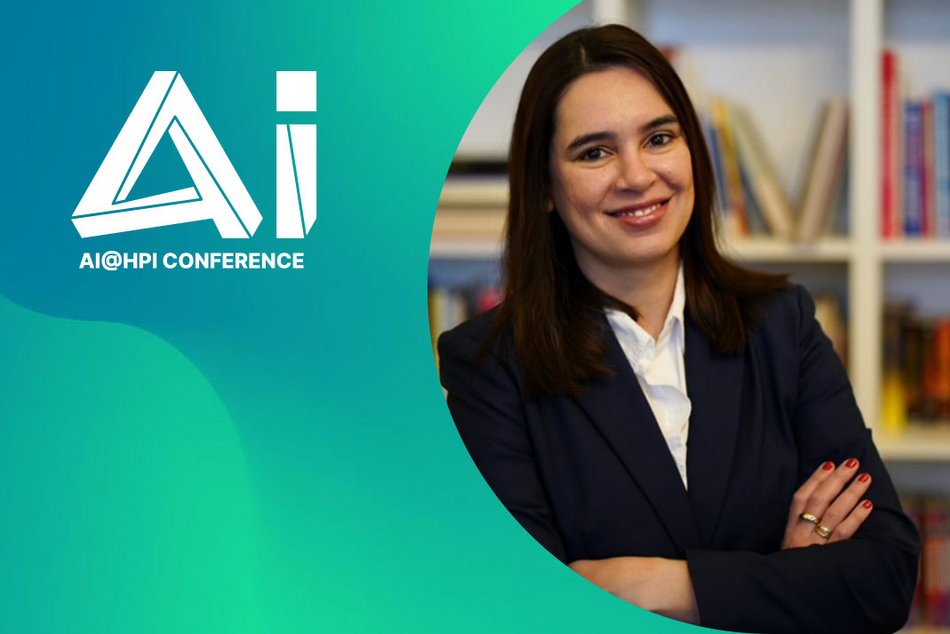
Esther-Maria Antao is a trained microbiologist. Her previous research interests focused on antibiotic resistance and communication. During her time at the National Public Health Institute of Germany, she continued to concentrate on public health and science communication and contributed to the public health response during the COVID-19 pandemic. At the Hasso Plattner-Institute, she is now committed to exploring digital public health communication to reduce disease burden and antimicrobial resistance. In addition, she has a strong interest in the ethical principles that govern global health practice, particularly the use of AI for global health. She is determined to advocate for a balanced approach that is guided by strong ethical principles, while responsibly harnessing the advances in innovation and technology for the common good. In addition to research and teaching, she oversees the strategic and operational developments of the Digital Health Partnership with the Hasso Plattner Institute for Digital Health at Mount Sinai.
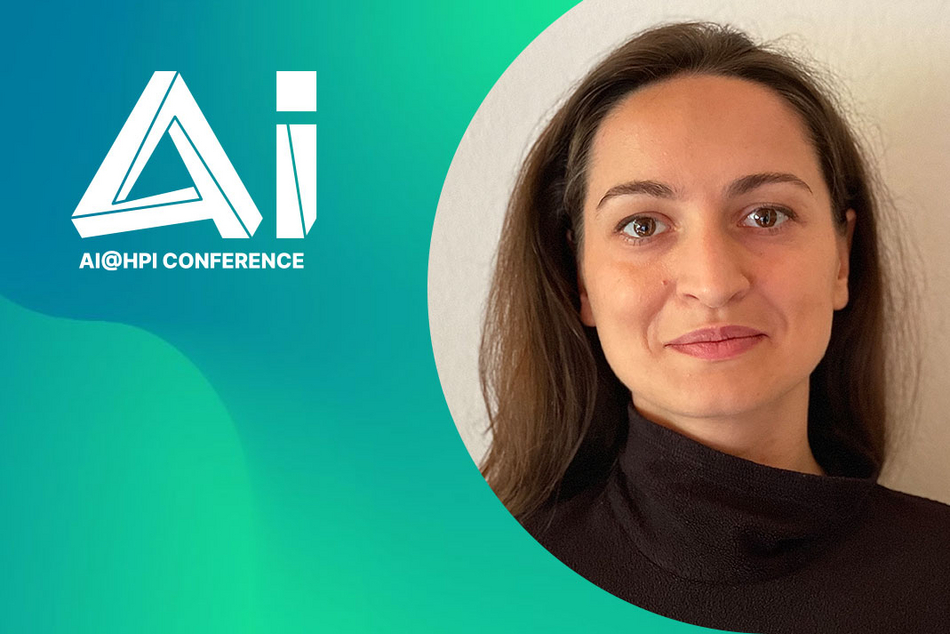
Asia Biega is a computer scientist and a tenure-track faculty member at the Max Planck Institute for Security and Privacy (MPI-SP) where she leads the interdisciplinary Responsible Computing group. In her research, Asia studies questions at the intersection of computing & society, particularly in the context of data-driven systems. She often collaborates with scholars in law, philosophy, and social sciences, draws from her industry experience at Microsoft and Google, and shares her expertise with policymakers, data protection authorities, artists, industry, and NGOs. She has served as an external expert for the European Commission and the General Co-Chair of ACM FAccT 2025, the biggest academic conference focusing on the societal impacts of computing. Her work has been recognized with Council of Europe's Rodota Award for innovative research in data protection, SaTML Notable Reviewer Award, and the GI-DBIS Dissertation Award of the German Informatics Society. Before joining MPI-SP, Asia was a postdoctoral researcher at Microsoft Research Montréal, and before that, she completed her Ph.D. at the MPI for Informatics and the Saarbrücken Graduate School of Computer Science.
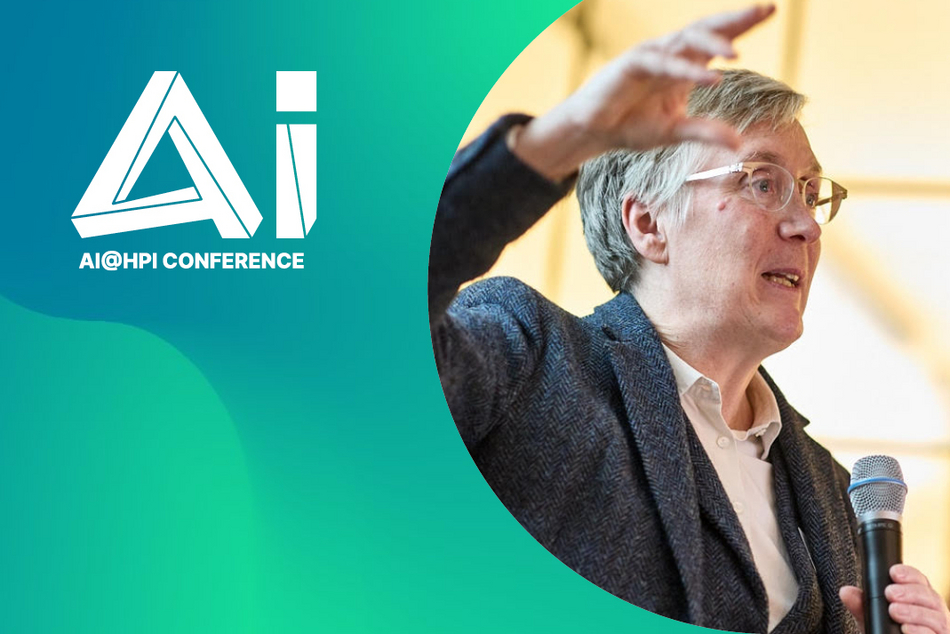
Joanna J Bryson has been Professor of Ethics and Technology at Hertie School, Berlin since February 2020. She is globally recognised for expertise in intelligence broadly, including AI policy and impacts. Her original academic focus was behavioural ecology, using AI for scientific simulations of intelligence. During her PhD on systems engineering of AI, she observed the confusion generated by anthropomorphised AI, leading to her first ethics publication “Just Another Artifact” in 1998. In 2010 her work in AI ethics was first recognised by a policy body when she was invited to participate in the UK research councils’ Robot Ethics retreat, where she coauthored the UK’s (EPSRC/AHRC) “Principles of Robotics,” the world’s first national-level AI ethics soft policy. Her present research focus is the impact of intelligent technology on economies, security, and human cooperation. She also studies transparency for and through AI systems, technological impacts on power, interference in democratic regulation, the future of labour, redistribution, and digital governance more broadly.
She consults frequently on policy and science including to government entities in Germany, the UK, the EU (EP/EC), US, Singapore, Switzerland, and Canada; transnational organisations including Unesco, the UN, OSCE, OECD, CoE, EuroMed; NGOs such as the Red Cross, Chatham House, IEEE, WEF. In 2020, Germany nominated her to the Global Partnership of AI, where she chaired an AI Governance committee.
She holds two degrees each in psychology (BA Chicago & MPhil Edinburgh) and AI (MSc Edinburgh & PhD MIT). From 2002-2019 she was Computer Science faculty at the University of Bath, where she founded and led their AI research group; she has also held postdoctoral, sabbatical, or visiting positions at Harvard (Psychology), Oxford (Anthropology) Nottingham and Mannheim (Social Science), The Konrad Lorenz Institute for Evolution and Cognition Research, and the Princeton Center for Information Technology Policy.
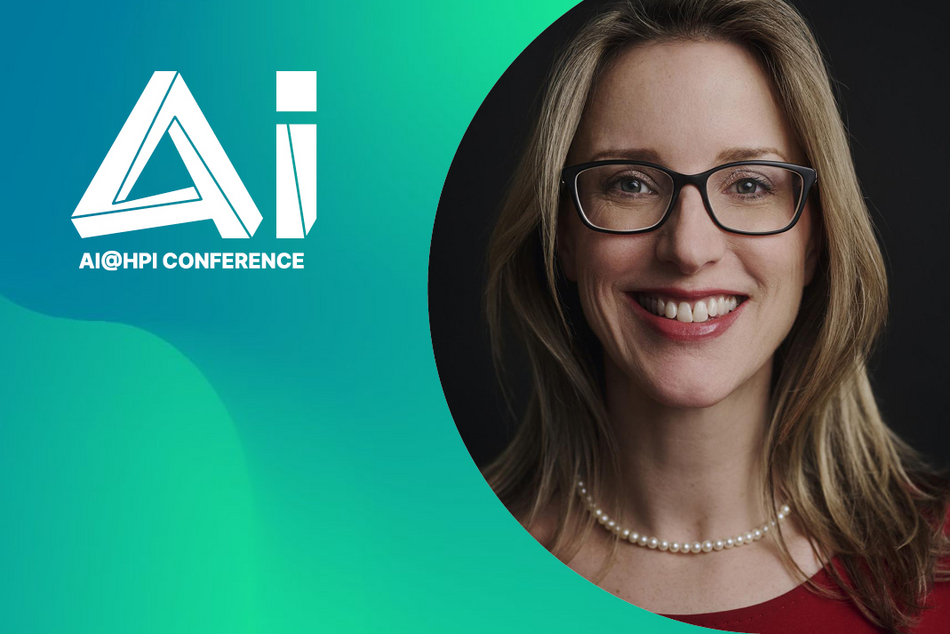
Alena Buyx is Professor of Ethics in Medicine and Health Technologies and Director of the Institute of History and Ethics in Medicine at the Technical University of Munich (TUM).
Professor Buyx is a medical doctor with postgraduate degrees in philosophy and sociology. Her research spans the whole field of biomedical and public health ethics, with a particular focus on ethics of medical innovation and health technologies, research ethics, questions of solidarity and justice in contexts such as public health and health care provision, and novel participatory approaches in biomedicine and beyond.
Her work is published in high-ranking journals, such as Science, BMJ, GiM or Bioethics. She is an award-winning teacher of medical and life science students, early career researchers, clinicians and health professionals. In addition to research and teaching, Professor Buyx is active in the political and regulatory aspects of biomedical ethics, sitting on a number of high-level national and international ethics bodies concerned with policy development and implementation, and consulting for various international research consortia and policy initiatives. She was a member of the German Ethics Council from 2016 to 2024 and chaired it from 2020 to 2024. Since April 2024, she serves as a member of the German Federal Government's Expert Council on Health and Resilience.
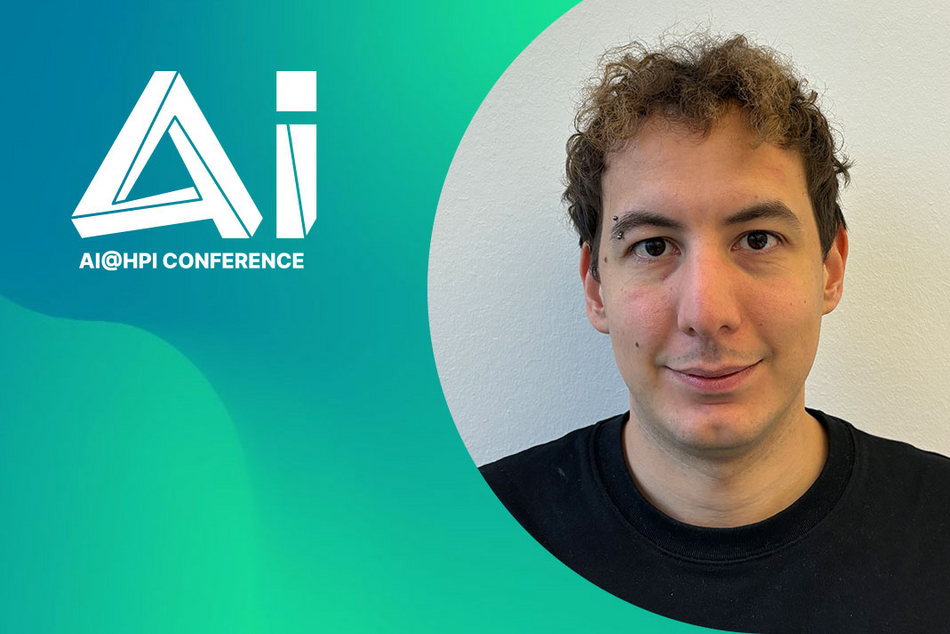
I hold a Master’s degree in Intelligent Systems from the University of Modena, where I graduated in 2020. Afterward, I spent two years as a research assistant in Modena, working on 3D image segmentation of medical images with deep neural networks. Since 2022 I am a PhD student at the Hasso Plattner Institute in the Artificial Intelligence and Intelligence System (AIIS) group. My research focuses on diverse multimodal challenges, ranging from medical visual question answering (VQA), to image generation, to social activity detection in dynamic urban environments.
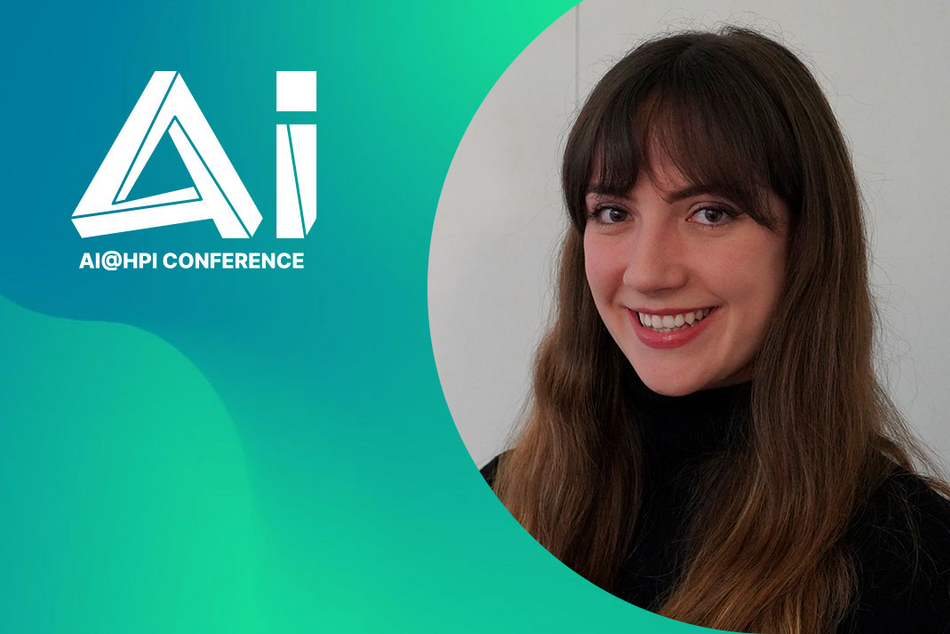
Tamara is a PhD student in Prof. Gerard de Melo’s group. She is working on better modeling long sequences of text in language models. Recently, she has also been interested in adapting the training of language models to better reflect cognitive processes of learning in humans. She grew up in the vicinity of Germany’s old capital Bonn, did her Bachelor’s in Cognitive Science at the University of Osnabrück and later moved to Amsterdam for a Master’s in Artificial Intelligence. She joined HPI in 2021 and also works as an AI Trainer in the Mittelstand-Digital project giving workshops on AI to SMEs.

Mathias Döpfner is a journalist and the CEO of Axel Springer (POLITICO, BUSINESS INSIDER, BILD, WELT). He joined the company in 1998 as the editor-in-chief of the daily newspaper WELT and became CEO in 2002. Since then, he has driven the digital transformation of the company to strengthen the future of independent journalism. Today, Axel Springer is active as a transatlantic media and technology company in more than 40 countries. Mathias Döpfner is also a member of the Board of Directors of Warner Music Group and Netflix.
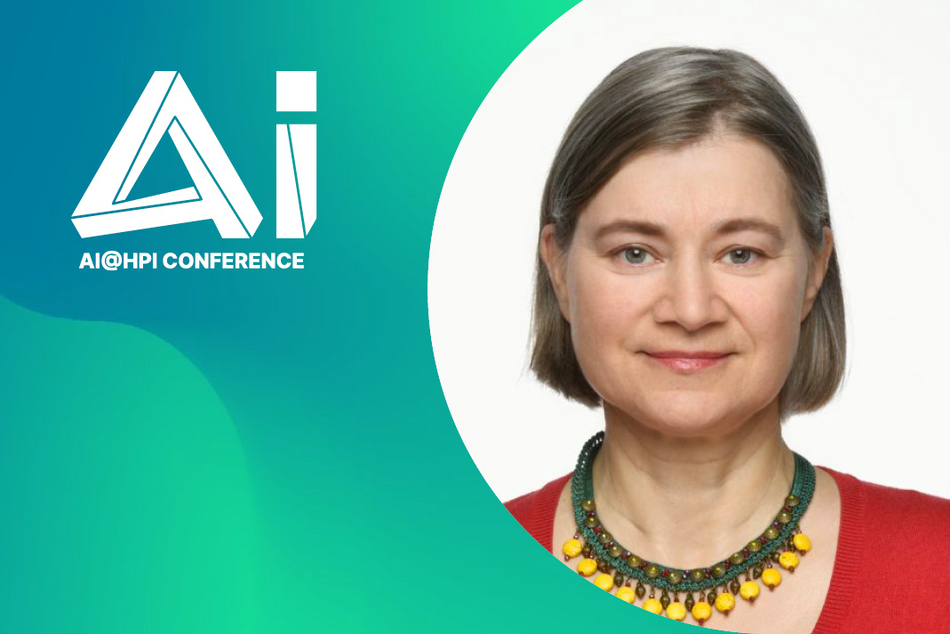
Anke Domscheit-Berg (56) is a publicist and has been MP and digital policy spokeswoman for the Left in the Bundestag since 2017. She is a member in the Digital Committee and deputy of the Committee on Economic Cooperation and Development and serves in various Councils, such as the Advisory Council of the Federal Regulation Authority, which is also the Digital Services Coordinator for Germany. In the Bundestag, Domscheit-Berg lead the Working Group „AI and the Government“ of the Enquete Commission on AI. Her professional policy focus is on shaping the digital society for the common good. Some of her areas of expertise are: cyber security, digital violence, ethical AI, privacy and other basic human rights as well as diversity in the digital society.
After almost 15 years at Accenture, McKinsey and Microsoft with a focus on eGovernment, she became a freelance consultant, publicist and book author in 2011. Anke Domscheit-Berg holds a Degree in Applied Textile Art (East Germany), a MA in European Business Administration (Newcastle, UK) and a BA in International Business Administration (Bad Homburg, GER).
Domscheit-Berg heats her house with access heat from a small data center in her basement and in her community is particularly committed to improving digital literacy of young people. She lives in Brandenburg, Northern Germany and is married to Daniel Domscheit-Berg.
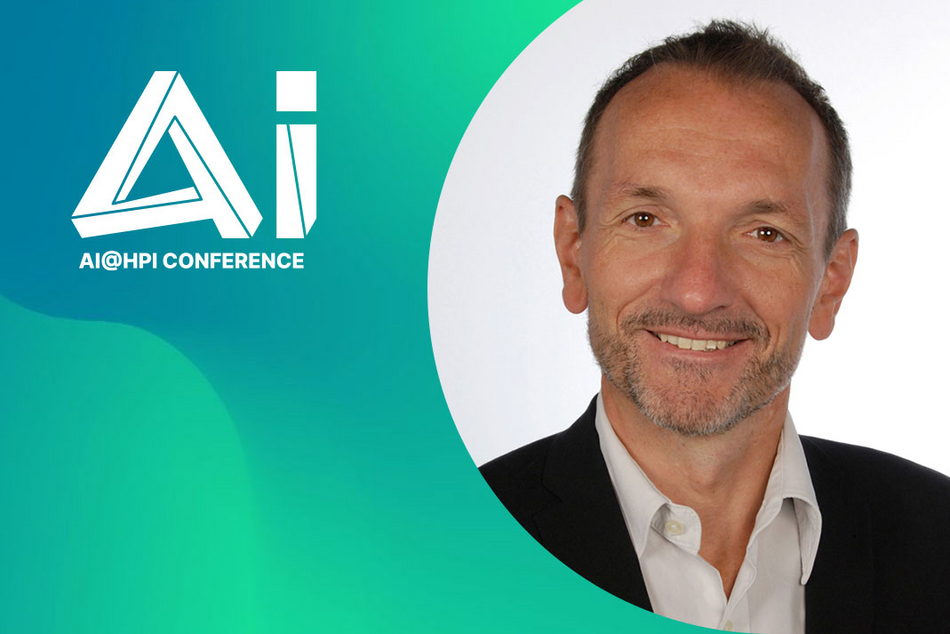
Professor Drexl is Director of the Max Planck Institute for Innovation and Competition in Munich, a Honorary Professor at the University of Munich and a member of the Bavarian Academy of Science. He is chairing the Project Board of the Munich Intellectual Property Law Center (MIPLC) Cooperation Project, which runs a globally renowned master’s program in intellectual property and competition law. Professor Drexl was the founding Chair of the Academic Society for Competition Law (ASCOLA) from 2003 to 2013, and was a Vice-President of the Association Internationale de Droit Economique (AIDE) until 2023. He acted as a visiting professor at Oxford University, the LUISS Guido Carli in Rome, the New York University and the Université de Paris 2 Panthéon-Assas. Professor Drexl is an expert in both competition law and intellectual property law. For a number of years he has been working in particular on the regulation of the digital economy in times of Industry 4.0, the Internet of Things as well as Artificial Intelligence. Inter alia, he authored a study on the regulation of connected devices on behalf of the European Consumer Organisation BEUC in 2018, thereby also addressing issue of IP and trade secrets protection. He is currently acting as a member of the Working Group on Data Governance of the Global Partnership on AI (GPAI).

AI Institute, where he helps organizations navigate the complexities of AI, preparing them to harness its potential in a safe, trustworthy, and sustainable way. With a distinguished career at Goldman Sachs, USAA, and PwC, Jeff is a seasoned executive renowned for his ability to deliver innovative and impactful solutions, ranging from governance risk compliance (GRC) transformations to cutting-edge product development.
Starting his career in 1995 at PwC, Jeff led diverse teams from the US, China, and India in delivering ERP solutions for global giants like Ford Motor Company and AT&T, spanning the US, UK, Canada, Brazil, and Argentina.
In 2002, Jeff joined USAA, where he spent 20 years driving transformative GRC programs and creating innovative digital products. He notably pioneered the industry's first digital check deposit service in 2007. In 2013 Jeff co-founded USAA Labs, an enterprise-wide product innovation organization, and led the RegTech Initiative, spearheading the application of machine learning and natural language processing to solve critical risk and compliance challenges. Most recently at Goldman Sachs, Jeff led the development of a cutting-edge SaaS-based retail brokerage platform, designed to be embedded within one of the world's largest technology companies.
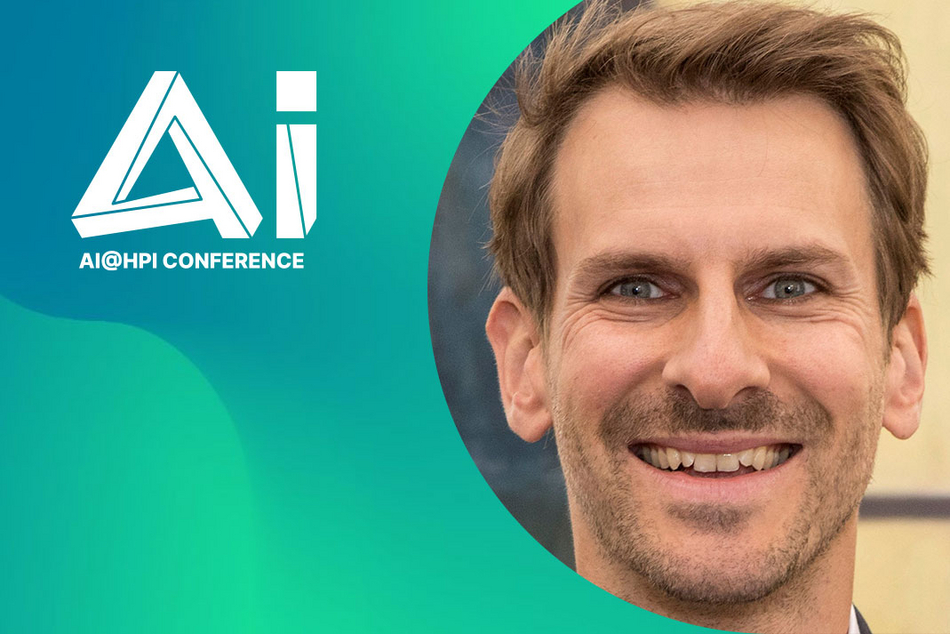
Prof. Dr. Philipp Hacker, LL.M. (Yale), holds the Research Chair for Law and Ethics of the Digital Society at the European New School of Digital Studies (ENS) at European University Viadrina Frankfurt (Oder). His research focuses on the regulation of digital technologies, particularly concerning artificial intelligence. Philipp often collaborates with computer scientists and mathematicians, especially on questions of explainable AI, algorithmic fairness, and AI’s climate effects. For his work, he received several academic prizes, such as the 2020 Science Award of the German Foundation for Law and Computer Science. He regularly advises national and EU legislators, regulatory agencies, and industry. Philipp co-founded and co-leads the International Expert Consortium on the Regulation, Economics and Computer Science of AI (RECSAI). Recently, he has been appointed General Editor of the novel, 11-volume AI and Society series published from 2025-2027 by Oxford University Press. He is a member of the Task Force AI Governance for the German Federal Government and also co-chairs the Working Group on “AI Liability” for the European Parliament from the end of 2024 on.
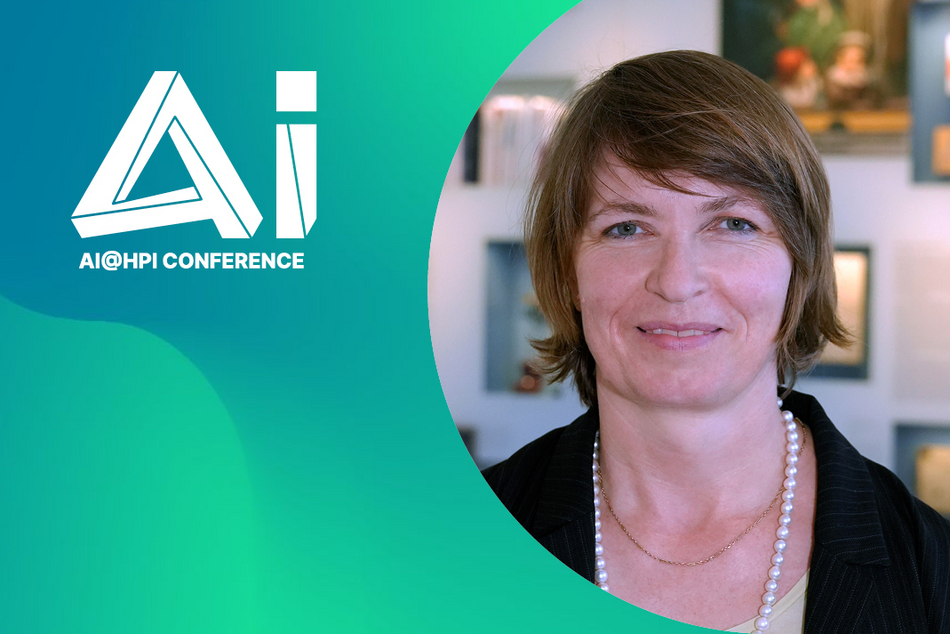
Institution and department: Robert Koch Institut & Charité – Universitätsmedizin Berlin & London School of Hygiene and Tropical Medicine
Current position: Vice-President (acting) and Head of Department, Centre for International Health Protection, Robert Koch-Institute, Germany; Professor of Global Health Policy, Faculty of Public Health and Policy, London School of Hygiene and Tropical Medicine (LSHTM)
Scientific degree(s)
2000 BA History and Politics, Queen Mary and Westfield College, University of London, UK
2001 MSc Development Studies, School of Oriental and African Studies, University of London, UK
2010 PhD Health Policy Analysis in Low and Middle Income Countries, LSHTM, UK
Academic career
2002-2005 Global AIDS Programme Coordinator, Panos Institute, UK and Zambia (based in Lusaka, Zambia)
2005-2006 HIV Researcher, Americas Programme, International Secretariat, Amnesty International
2006-2010 Graduate Teaching Scholar, Health Policy Unit, LSHTM
April-July 2010 Research Fellow, Evidence for Action, Department for Global Health and Development, LSHTM
July 2010-11 Technical Officer, Social Determinants of Health, World Health Organisation, Regional Office Europe, Office for Investment for Health and Development in Venice.
Sept 11- Nov 2012 Lecturer/Assistant Professor, Global Public Health Unit, School of Social and Political Science, University of Edinburgh
Nov 2012 – Oct 2018 Assistant then Associate Professor Health Policy and Systems, & Head: Health Economics and Systems Group
Academic activities and awards
Since 2022 International Advisory Board; The Global Listening Project
Since 2021 Scientific Advisor, World Report on Social Determinants of Health, WHO
Since 2021 Scientific Expert, WHO World Report on Social Determinants of Health
Virchow Prize Committee
Since 2020 Steering Committee Global Health Research Platform (GHLORA)
Member, External Advisory Board Institute

Dr. Philipp Herzig is Chief AI Officer at SAP.
In his role, Herzig oversees SAP’s Business AI efforts from strategy to execution to deliver exciting customer outcomes. Together with his team, he delivers state-of-the art AI services, tools, and technologies, and helps to embed AI across SAP’s entire application and platform portfolio.
Before being appointed to his current role, Herzig was globally responsible for bringing SAP’s product portfolio together in one seamlessly integrated experience for customers, spanning from integration efforts to user experience, and cross-product innovations.
Herzig started his career at SAP in 2009. Since then, he has held various roles as software engineer, architect, product owner and engineering leader at SAP's Innovation Center
Potsdam. He led teams in multiple areas across SAP’s portfolio including Real Estate, SAP CPQ, and SAP’s Health applications.
In these roles, Herzig focused on cloud-native application engineering, distributed systems, continuous integration and delivery, as well as fostering a culture of high engineering excellence.
Herzig is based in Potsdam, Germany, and holds a PhD in Computer Science from Technische Universität Dresden.
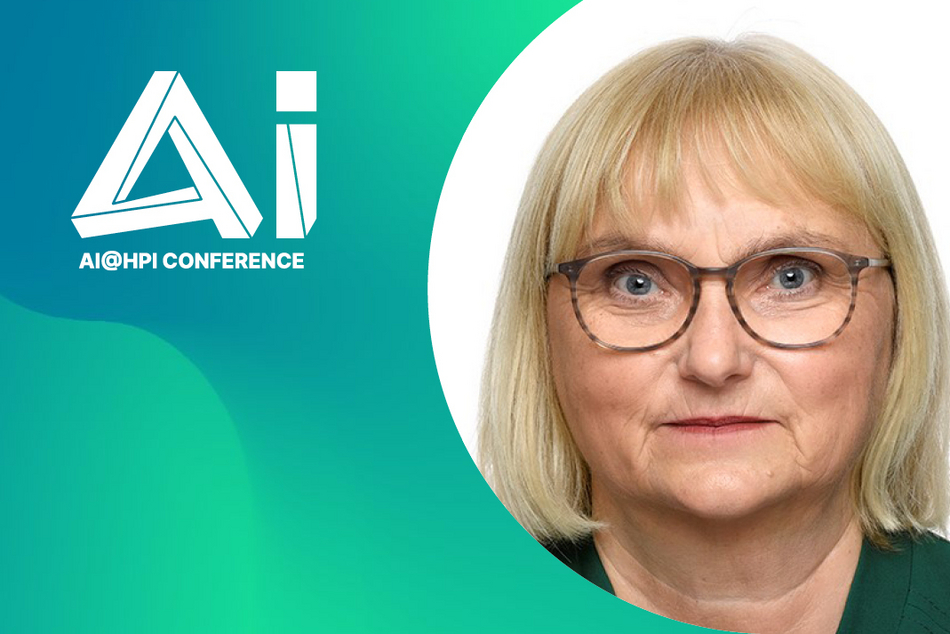
Dr. Bettina Hoffmann MdB was appointed Parliamentary State Secretary at the Federal Ministry for the Environment, Nature Conservation, Nuclear Safety and Consumer Protection in 2021 and is a Member of Parliament in the German Green Party parliamentary group (Bündnis 90/Die Grünen). Bettina Hoffmann completed her studies in biology at Philipps University in Marburg with a doctorate. Until 2017, she was managing director of an agency for planning and communication in the field of environment, tourism and regional development. Since 2017, she has been a Member of Parliament. Until 2021, she was spokesperson for environmental policy and environmental health, a member of the Environment Committee and chairwoman of the Parliamentary Advisory Council for Sustainable Development.
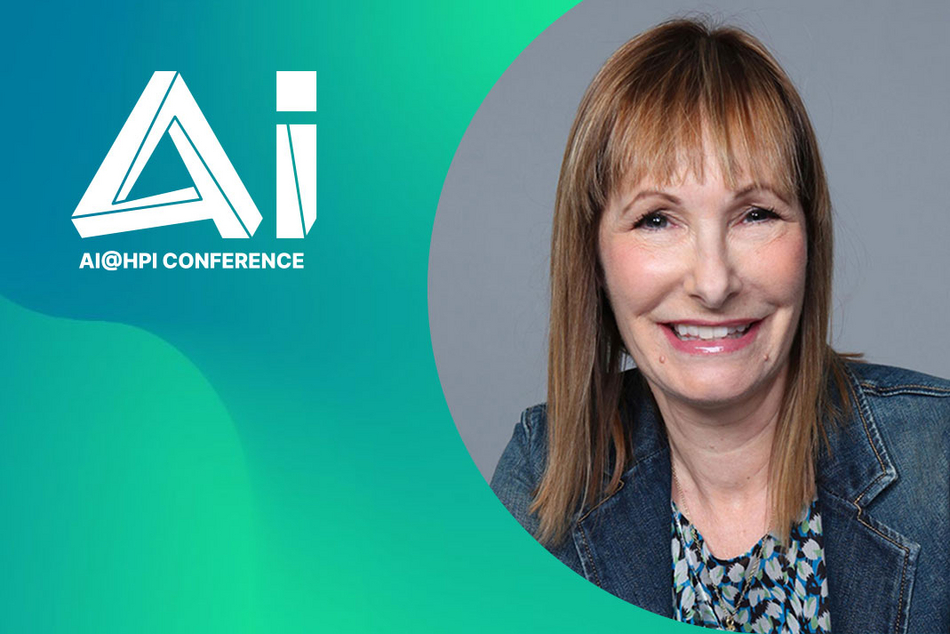
Gale Anne Hurd is a multi-award-winning producer and the founder of Valhalla Entertainment, most recently known for the global cultural phenomenon, Emmy®-winning and record shattering TV series, The Walking Dead, and its multiple spin-offs, including Fear the Walking Dead, Dead City, Daryl Dixon, and The Ones Who Live, among others. Hurd's feature, The YouTube Effect, is an eye-opening documentary, directed by Alex Winter, which presents a thoughtful, troubling look at YouTube, a site with humble origins that has gone on to change how we experience the world. The film premiered at the prestigious Tribeca Film Festival and was released theatrically in the US by Alamo Drafthouse Films. Her additional producing credits include Mankiller, a multiple award-winning documentary on the late Wilma Mankiller, the first woman to be elected Principal Chief of the Cherokee Nation, Sundance Audience Award winner The Waterdance, and such iconic classic feature films as Aliens, The Abyss, Armageddon, Tremors, Alien Nation, The Ghost and the Darkness, The Terminator and Terminator 2: Judgment Day -- which was recently added to the National Film Registry by the US Library of Congress, joining The Terminator, which was added in 2008.
Additionally, Hurd is a highly sought-after speaker on such topics as the status of the entertainment industry and gender equality. She has spoken at the Berlin, Deauville, Locarno and Toronto Film Festivals, the Milken Global Summit Conference and countless other programs worldwide. She has been featured on numerous podcasts, including "WTF with Marc Maron" and Deadline's "Strike Talk." Hurd's prestigious honors include the 2022 Locarno Film Festival's Best Independent Producer Award, the Cartier Award from the Deauville American Film Festival, Women in Film's Crystal Award, the Producer's Guild's David O. Selznick Best Feature Film Producer Award, the Visual Effects Society's Lifetime Achievement Award and, most recently, the 2024 Lifetime Achievement Award from the Online Film Critics Association.
Source: Valhalla Entertainment
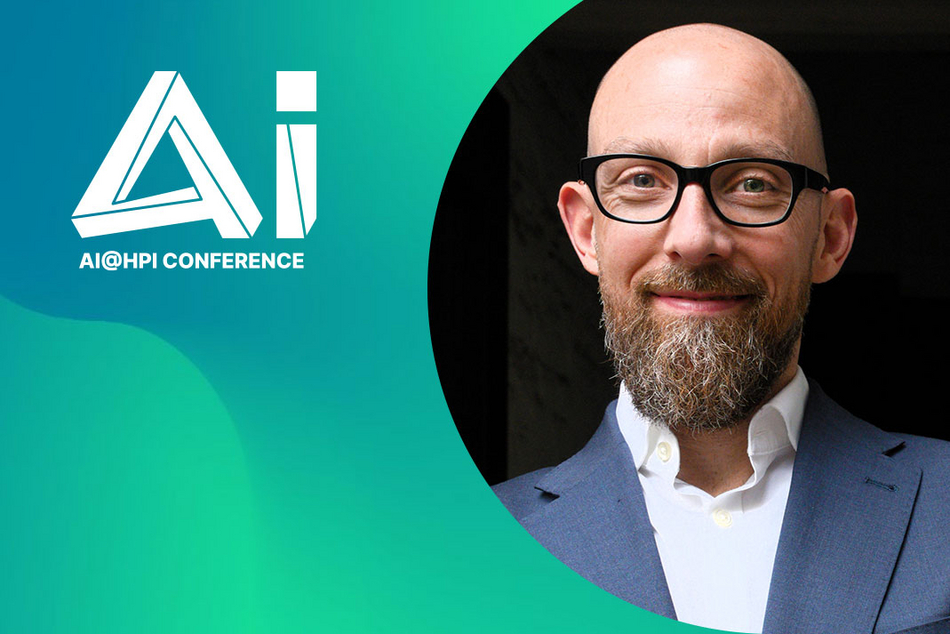
Carsten Kestermann is Director Public Policy for AWS in Germany, Austria and Switzerland since 2022. In addition, he coordinates global activities for the AWS European Sovereign Cloud since June 2023. Kestermann has been with AWS since 2015 and has helped build up the global policy department in various positions since then. From 2006 to 2015, he held various positions at Software AG, including Head of Public Affairs and being long-time sherpa at the Federal Government's IT Summit. Before joining Software AG, he worked at the Federation of German Industries, BDI. Among other things, he was a co-author of the "Implementation Recommendations for the Smart Service World" of the German Academy of Science and Engineering and the Munich Circle's future study on "Innovation Fields in the Digital World". He was also a long-standing board member of the D21 initiative, a member of the German Society for Political Consulting, and held various advisory positions for the European Commission and the Estonian, Swedish, Norwegian, and Israeli governments. He studied political science, international relations and economics in Potsdam, Berlin, and Bologna.
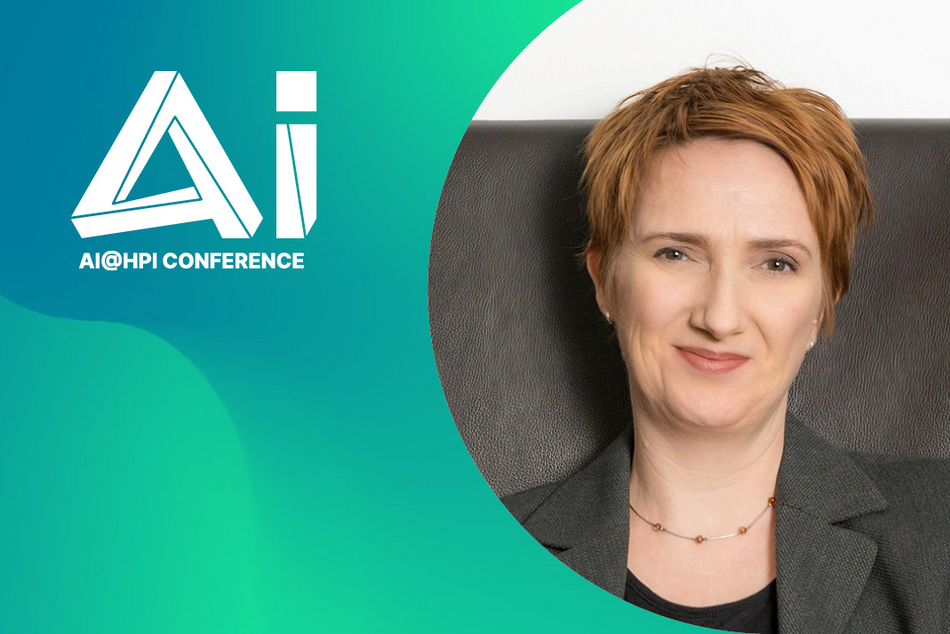
Dr. Bettina Laugwitz is the global lead of AI Ethics at SAP, driving the mission putting AI Ethics guiding principles into practice in the context of SAP’s policies, processes, and infrastructure relevant for the development of AI systems. To this end, the AI Ethics team is working closely with experts from different areas across the company, including framework and application development teams, legal, data protection and privacy experts, and user experience design.
Bettina holds a PhD in cognitive science, and her 20+ years in the software industry include expert and leadership experience in software engineering, human-computer-interaction, large-scale cross-team projects, and technology research.
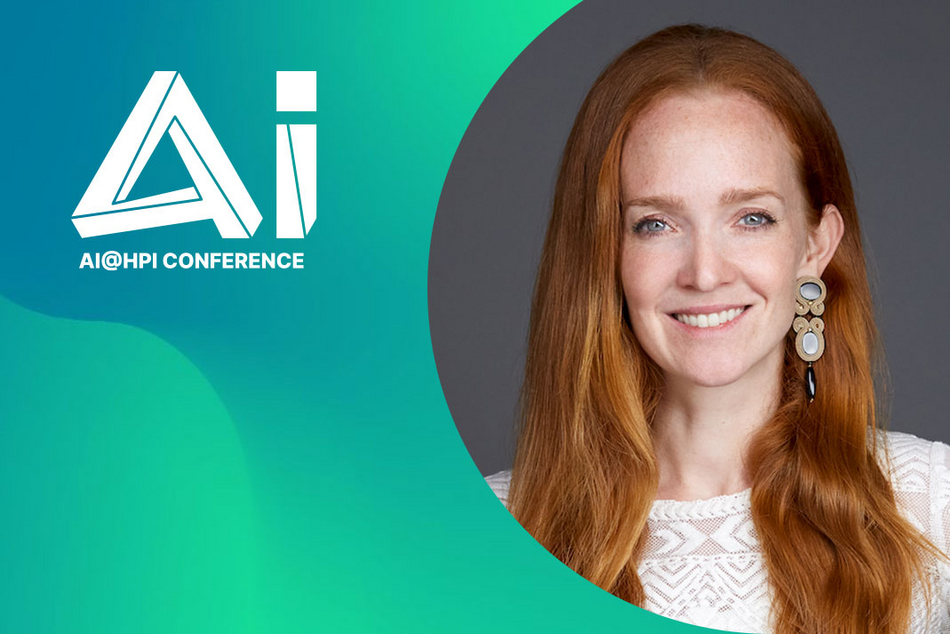
Elisabeth is co-founder of the Hamburg-based gen AI start-up Oxolo. With 600k users and 13m in funding Oxolo is deemed as one the most successful gen ai startups in Germany. Prior, Elisabeth worked as a VC and CFO and was recognized by Manager Magazin as one of the 15 leading women in AI in Germany. Elisabeth received the FAZ Innovation Award, KPMG venture award and she was listed in the W&V 100. OMR named her as one of the leading top 50 minds in the digital industry.
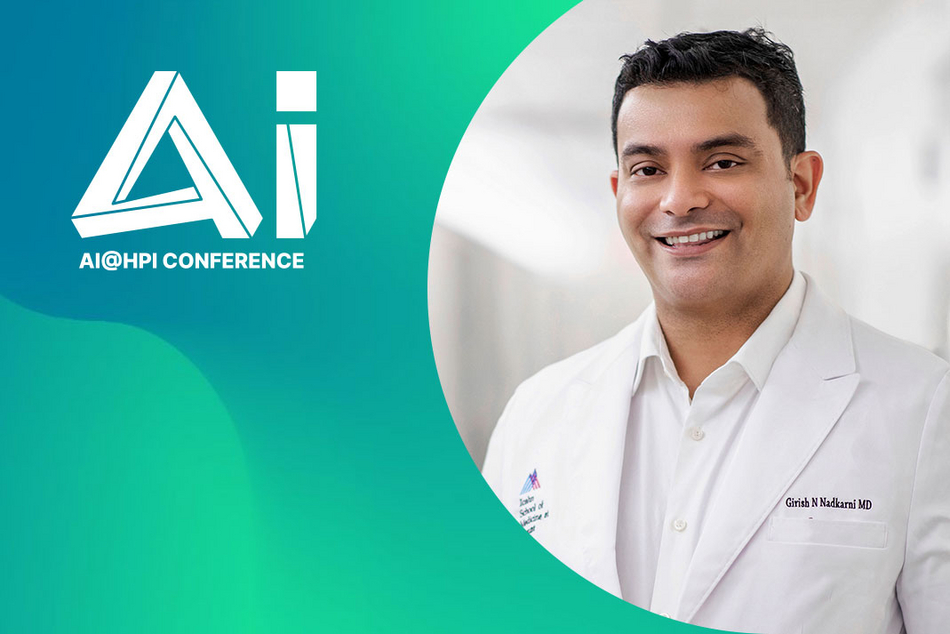
Dr. Girish N. Nadkarni is a physician-scientist and clinical informaticist, whose career is marked by leadership in artificial intelligence (AI) and precision medicine. He is currently the Fishberg Professor of Medicine, the Director of the Charles Bronfman Institute for Personalized Medicine and the Inaugural System Chief of the Division of Data-Driven and Digital Medicine at the Icahn School of Medicine at Mount Sinai. He has spearheaded transformative and translational research leading to 349 original peer-reviewed research and 52 invited publications with over 37,000 citations and an h-index of 86. These include senior authored papers in journals including Journal of American Medical Association, Annals of Internal Medicine, Journal of American College of Cardiology and Lancet Digital Health. His work has advanced fields including precision cardiovascular and kidney care, including landmark studies using electrocardiograms for predicting outcomes, understanding impact of predictive AI in healthcare, AI-bioprognostics for kidney disease and several studies on APOL1 genetic risk for kidney disease. Dr. Nadkarni's innovations extend to entrepreneurship, where he co-founded several companies that have pioneered AI-based approaches, with some receiving FDA clearance. He is principal investigator for seven concurrent R01 grants or equivalents, three industry contracts and two NIH contracts for a cumulative amount of ~$40 million. Additionally, he holds numerous patents on AI and predictive applications in healthcare and co-invented the first FDA approved AI-bioprognostic for kidney disease. His influence is reflected in external leadership roles, including Chair of the Taskforce on AI/Digital Health and Associate Editor of NPJ Digital Medicine. His mentorship has seen 14 of his mentees attain independent faculty roles, underscoring his commitment to fostering future leaders in medicine. He has received several honors including the ANIO rising star award, the Carl Nach.

Dr. Frank Pawlitschek is a tech entrepreneur dedicated to empowering tech professionals in Europe to start and scale startups. With law degrees and a doctorate from Mainz and Auckland, he spent a decade specializing in M&A and technology law. In 2008, Frank co-founded ubitricity, a Climate Tech company pioneering mobile electricity metering and light post charging for electric vehicles in Germany and the UK, leading it to a successful exit in 2021. As Director of HPI Engine, the Entrepreneurship Center of the Hasso Plattner Institute, he builds an entrepreneurial ecosystem to help tech academics become leaders, while also serving as Managing Director of HPI Ventures, supporting venture capital initiatives. His work has contributed to numerous successful startups.
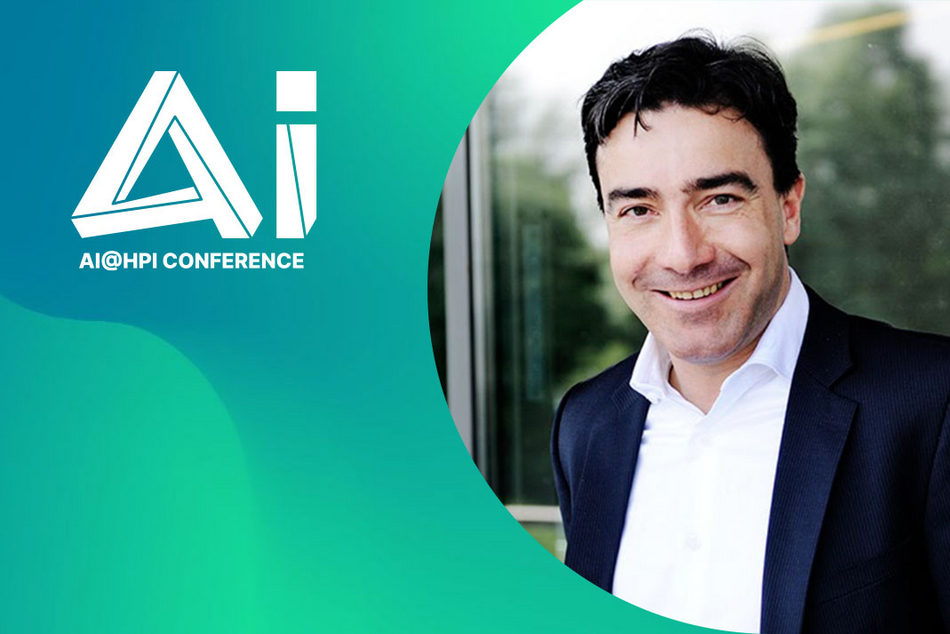
Jens Redmer is Principal for New Products at Google. Jens joined Google in 2005 and was previously responsible for New Business Development for Google's efforts in Europe. Before that, Jens was heading up the Google Book Search Programme in EMEA.
Jens began his career with German publishing group Axel Springer in Hamburg. In the period 1995-98 he played a key role in establishing Springer's first new media operations before becoming regional Managing Director for the group's nascent internet service provider, a joint venture with fellow publishing houses Bertelsmann and WAZ.
Between 1998 and 2001, Jens was Board Member of publicly listed ricardo.de, the then-premier European online auction service which was bought out by qxl.com in 2000. He ran Premium/ Paid Services for internet service provider AOL in Germany between 2001 and 2004 and joined Google from Endemol Germany, the world's largest independent television producer, where he was director of multimedia between 2004 and 2005.
Jens holds a degree in computer science/ medicine from Kiel University. He is a member of the Supervisory Board at PON Holdings, the Netherlands based mobility conglomerate and exclusive importer for Volkswagen, Porsche and Audi and a member of the scientific board at the think tank “Frankfurter Zukunftsrat”.
Likes: H2O in every aggregate state with water, winter and air sports. The smell of new hardware.
Dislikes: Inertia.
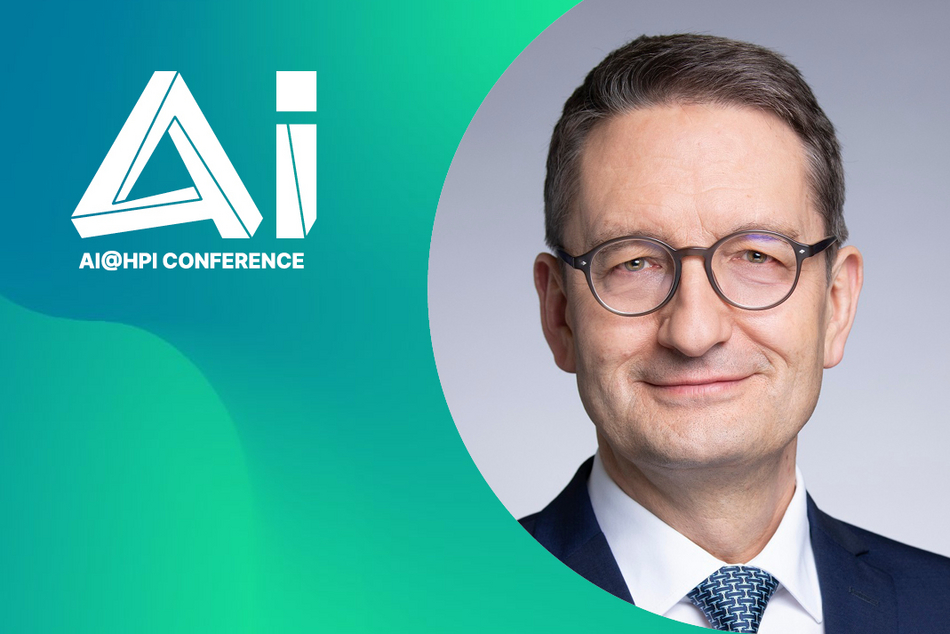
Since December 2021, Stefan Schnorr (61) has been a permanent state secretary at the German Federal Ministry for Digital and Transport. He is responsible for the Central Services, Budget and Shareholdings, Digital and Data Policy, Digital Connectivity as well as Aviation directorates-general.
Stefan Schnorr is a legal professional and began his career as an administrative judge in Trier, Rhineland-Palatinate. From 1994 to 2001, he worked for the Ministry of Justice of Rhineland-Palatinate in Mainz, serving as Head of Public Relations and Press Officer. In 2001, he moved to Berlin, joining the Representation of Rhineland-Palatinate to the Federal Government and the European Union to become Deputy
Director for Federal Affairs. From 2009 to 2010, he worked as the Head of the Representation of Lower Saxony to the Federal Government in Berlin.
In 2010, he became Director for Information Society and Media at the Federal Ministry for Economic Affairs and Technology, where he later served as Director for Budget, Staff, Organization and Information Technology (CIO) and IT Commissioner.
He was appointed Director-General for Political Staff and Policy Planning in 2011 before being appointed Director-General for IT, Communication and Postal Policies in 2013. In 2014, he became Director for Crafts, Commercial Law and Business Promotion, Education Policy and Liberal Professions at the Federal Ministry for Economic Affairs and Energy, where he also served as Director-General for Digital and Innovation Policy from 2015 to 2021.
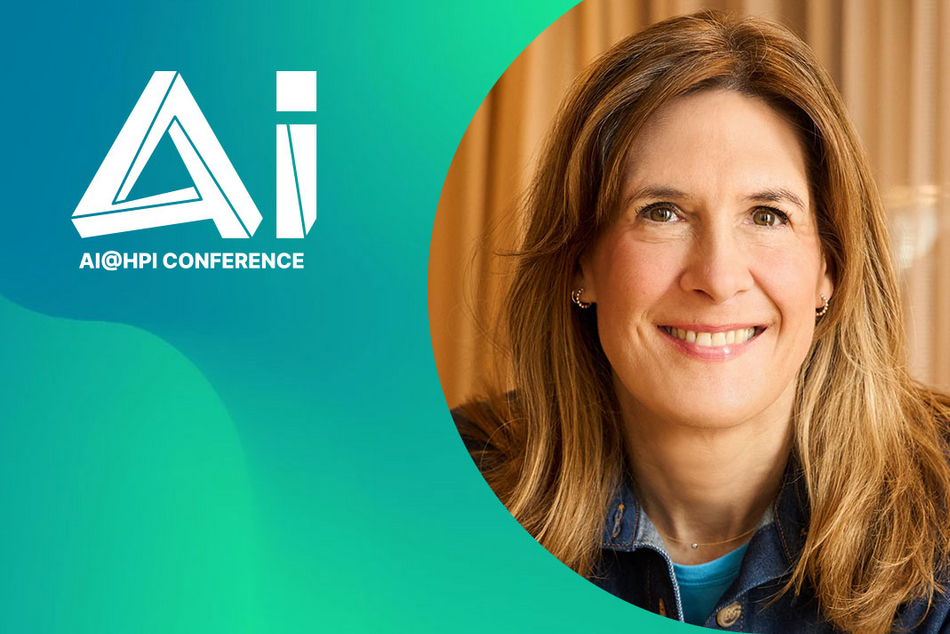
Sonja Schwetje is the Managing Director of Programming at the news channel ntv, as well as Editor-in-Chief of Business and Networks at RTL News. In this role, she represents RTL Germany as a board member in the industry association VAUNET. She is also the chair of the Bertelsmann working group on press freedom. Sonja Schwetje has been with RTL Germany since 1998. After holding various positions at RTL Nord, she moved to RTL West in Cologne in 2005 as Editorial Director. In November 2010, she joined ntv as Head of News. In 2014, Sonja Schwetje became Editor-in-Chief of the news channel, and in spring 2023, she assumed the role of Managing Director of Programming there.

Johannes Steger is Managing Editor of Tagesspiegel Background Digitalization & AI, Cybersecurity and Smart City. Previously, he was Head of Background Cybersecurity. He worked as a consultant for a technology consultancy and a communications consultancy. As an editor at Handelsblatt, he wrote about the start-up and technology scene in Germany and Israel. He learned journalism at Georg von Holtzbrinck School for Business Journalists.
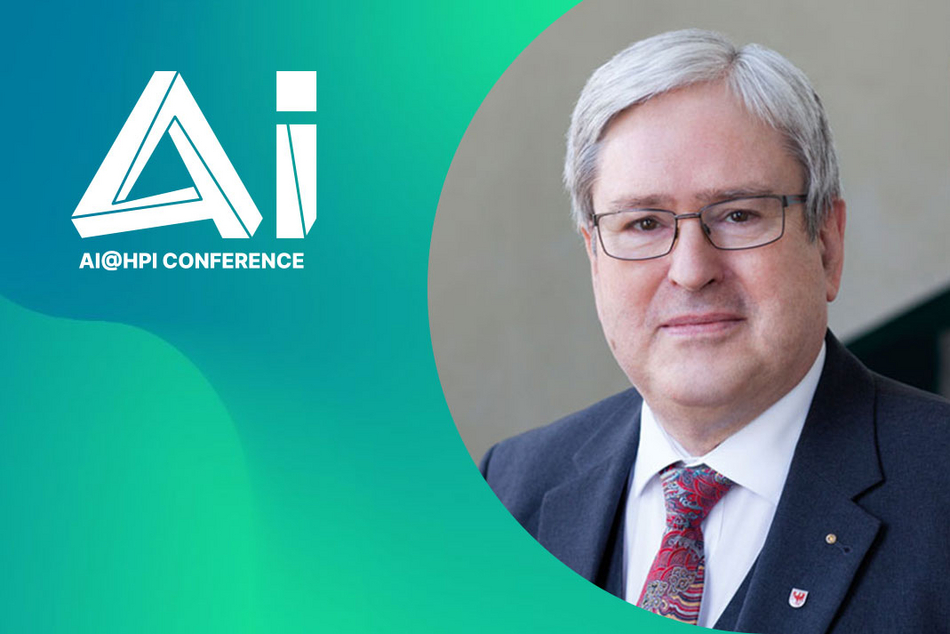
Prof. Dr.-Ing. Jörg Steinbach ist seit November 2019 Minister für Wirtschaft, Arbeit und Energie des Landes Brandenburg. Bevor er im September 2018 erstmals sein Amt als Wirtschafts- und Energieminister in Potsdam antrat, war er Gründungspräsident der Brandenburgischen Technischen Universität (BTU) Cottbus-Senftenberg (2014 – 2018), Präsident der Technischen Universität Berlin (2010 – 2014) und zuvor von 2002 – 2010 ihr Vizepräsident.
Seine akademische Laufbahn begann Jörg Steinbach mit einem Studium der Chemie an der TU Berlin. 1985 promovierte er zum Doktor der Ingenieurwissenschaften. Die Habilitation zu einem Thema der technischen Chemie folgte 1994. Zwei Jahre später berief ihn die TU Berlin auf einen Lehrstuhl als Professor für Anlagen- und Sicherheitstechnik.
Neben seiner akademischen Karriere war Jörg Steinbach viele Jahre in der freien Wirtschaft tätig. Von 1985 bis 1996 arbeitete er bei der Schering AG in Berlin in diversen Leitungspositionen.
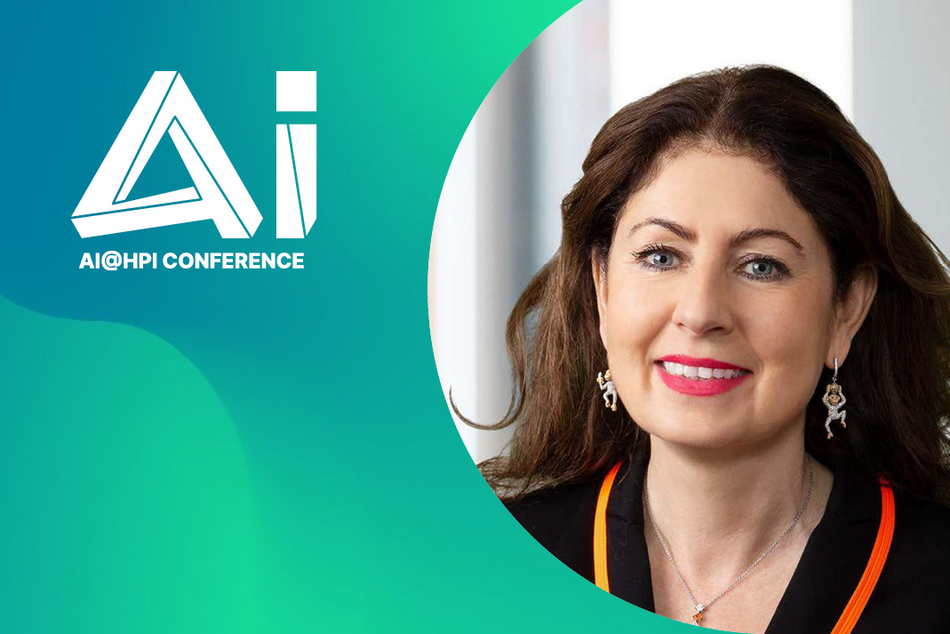
Christiane Stuetzle is a lawyer, partner at the law firm Morrison Foerster and Co-Chair of the firm's Global Film & Entertainment Practice. She is a Certified Specialist for Copyright and Media Law and Arbitrator on the International Arbitration Panel of the IFTA (Independent Film & Television Alliance, Los Angeles). Her practice focuses on all matters in the field of film, music & entertainment at all stages of the development, financing, production, and distribution of content at the intersection of technology, including AI. German newspaper “Der Tagesspiegel” calls her “Hollywood’s Lawyer in Germany”.
Christiane also closely monitors and advises on EU legislation and digital compliance, including the AI Act, the DSM Directive etc. Christiane is co-author of the Munich Handbook of Copyright and Media Law and lecturer in this field.
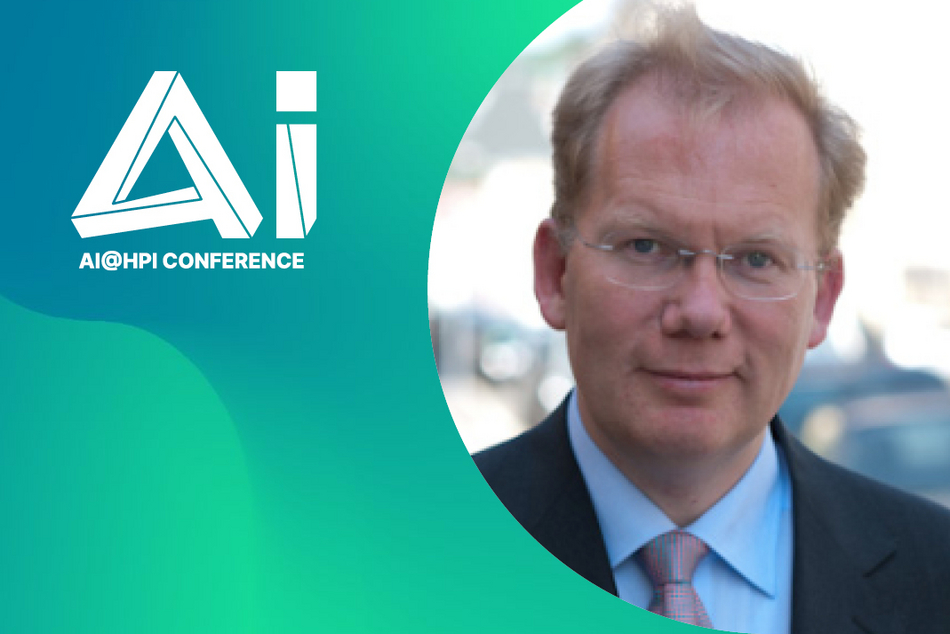
Publisher, Founder Table.Briefings
Founder Falling Walls Science Summit and Creative Bureaucracy Festival
formerly:
- Publisher Tagesspiegel (German capital daily)
- Partner, CEO Scholz & Friends (marketing group)
- Founder Medium, Magazine for Journalists

Julius van de Laar is a political strategist and communications expert with extensive campaigning experience. He has advised politicians, NGOs, and companies on strategies to win elections, advocate for issues, and build movements.
He worked on Barack Obama’s 2008 and 2012 presidential campaigns, focusing on voter outreach using both traditional and new media tactics. Since then, he has served as a senior strategist to Germany's Democratic Party and advised political candidates across Europe.
Julius frequently appears as a political analyst on TV and radio, lectures on campaigning and digital media, and advises leaders on strategic communication. He was named one of “Capital” magazine’s “Top 40 up-and-coming talents” in German politics.
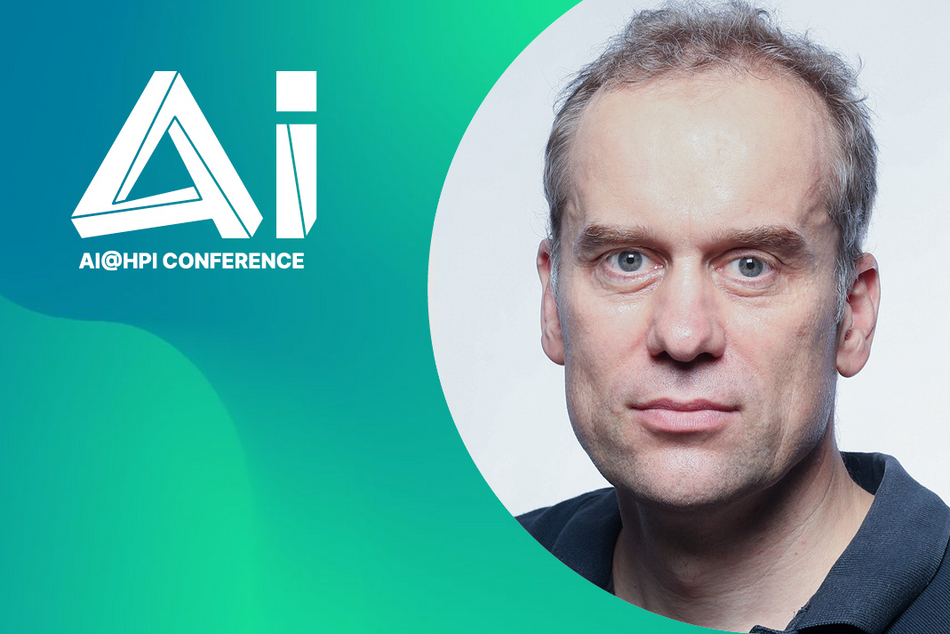
Stefan Voss (55) is the head of verification at the German news agency dpa. He has been working for dpa for over 20 years, including more than a decade as a foreign correspondent in Kyiv and Moscow.
Stefan is the founder of dpa's fact-checking team (which now employs around 30 journalists). For many years Stefan has been active as a Social Media trainer for journalists both in Germany and internationally. His focus: recognizing AI-generated images and videos. Stefan is a board member of the European Fact-Checking Standards Network (EFCSN).
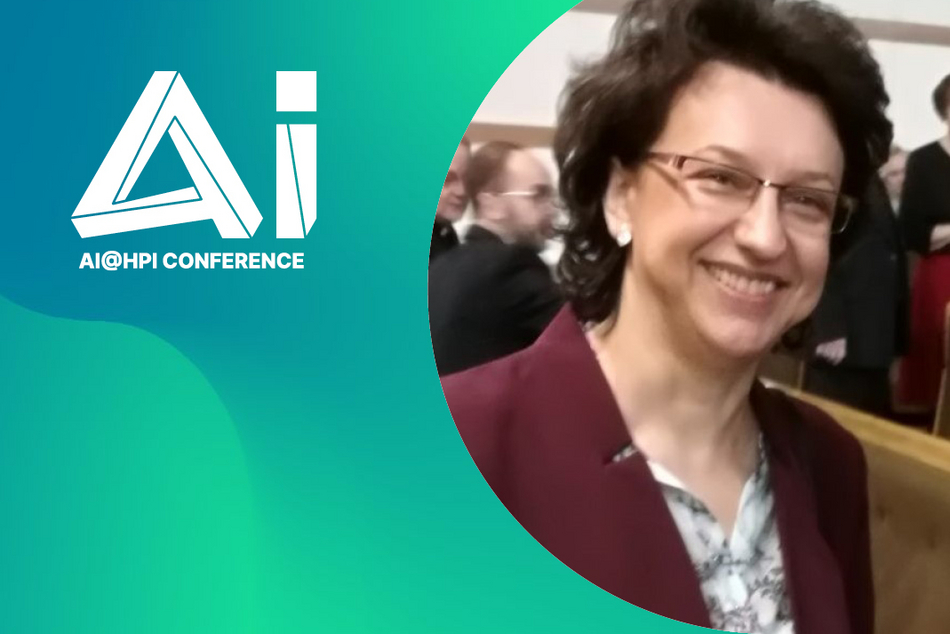
Professor at the Department of Methodology of Science at the Faculty of Philosophy of the John Paul II Catholic University of Lublin (KUL). She received a master's degree in theology (1992) and philosophy (1994), and PhD in philosophy (2001) from KUL. Defended her habilitation in the humanities with a discipline of philosophy in 2013. Her areas of specialization are general philosophy of science, contemporary epistemology (especially Anglo-Saxon, Lonergan studies), methodology of the humanities, informal logic, and philosophy of interdisciplinarity. Author of books: “Insight and Cognition. Epistemology of Bernard J. F. Lonergan” (2012) and “Rationality of Science. Problems, concepts, arguments” (2006). Co-author of the monograph written with Andrzej Bronk and Stanislaw Majdanski “Logos problematicos, or problem with problem” (2022). Author of articles published in Polish and English. Editor of the books: “Metodology: tradition and perspectives” (2010) and co-editor (with A. Bronk) of the fifth volume of Stanislaw Kaminski's Selected Writings “Worldview – Religion – Theology. Issues of Philosophy and Methodology” (1998). Member of the Committee of Philosophical Sciences of the Polish Academy of Sciences (2020-2023 and 2024-2027). Dean of the Faculty of Philosophy KUL (2015-2020), and its vice-dean (2013-2015). Head of the project “Philosophy and Theology in the Context of Contemporary Transformations in Science” under the “Regional Excellence Initiative” program, awarded to the disciplines of philosophy and theology at the Catholic University of Lublin by Polish Ministry of Science and Higher Education (2019-2023). Chair of the Program Committee of the 11th Polish Philosophical Congress and its co-organizer (2019).
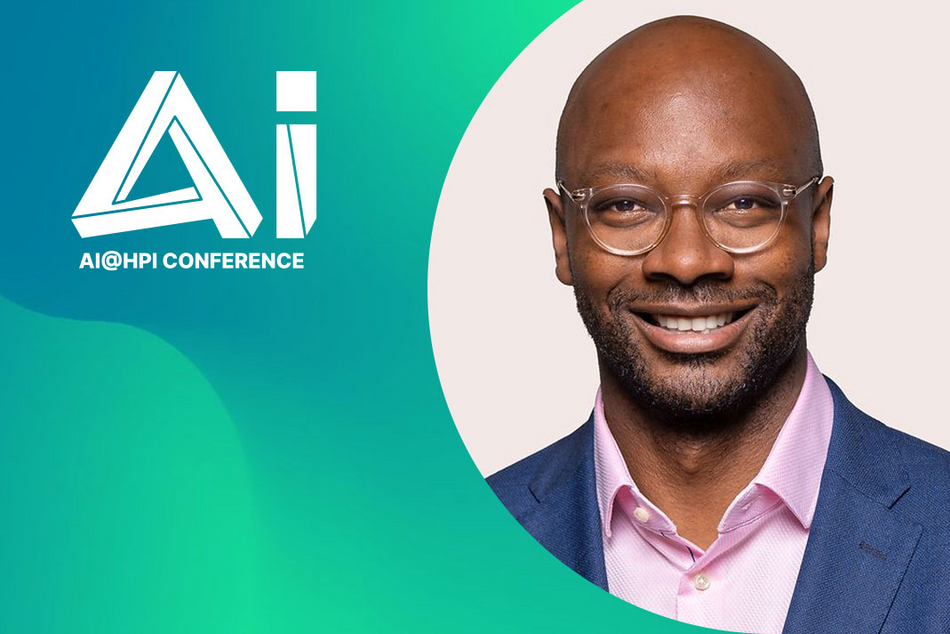
Armand Zorn is a Member of the German Bundestag for the Social Democrats (SPD) since September 2021 and represents the constituency Frankfurt am Main I. Being a member in the Committees of Finance and of Digital Affairs, his political work focuses among other on the governance of emerging technologies such as artificial intelligence and the future of work. Before joining the Bundestag, Zorn gained international experience in Hong Kong, Macao and France, and as a consultant with PricewaterhouseCoopers.

